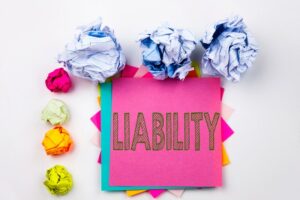The Bank of England will be withdrawing legal tender status of paper £20 and £50 banknotes after 30 September 2022. This means that if you have any old £20 or £50 notes you should use them or deposit them at your bank or Post Office by the end of September.
A recent Bank of England press release states that ‘while the majority of paper £20 and £50 banknotes in circulation have been replaced with new polymer versions, there are still over £6 billion worth of paper £20 featuring the economist Adam Smith, and over £8 billion worth of paper £50 banknotes featuring the engineers Boulton and Watt, in circulation. That’s more than 300 million individual £20 banknotes, and 160 million paper £50 banknotes’.
The new polymer £20 note entered into circulation on 20 February 2020 and features the image of the artist JMW Turner. The new polymer £50 note features an image of the scientist Alan Turing and entered into circulation on 23 June 2021. Polymer is a thin flexible plastic that includes a number of important new security features. Polymer notes are cleaner, safer and stronger than existing paper notes.
Even after the notes no longer have legal tender status they can be presented for exchange either in person at the Bank of England’s premises in London, or sent by post (at the sender’s risk).



